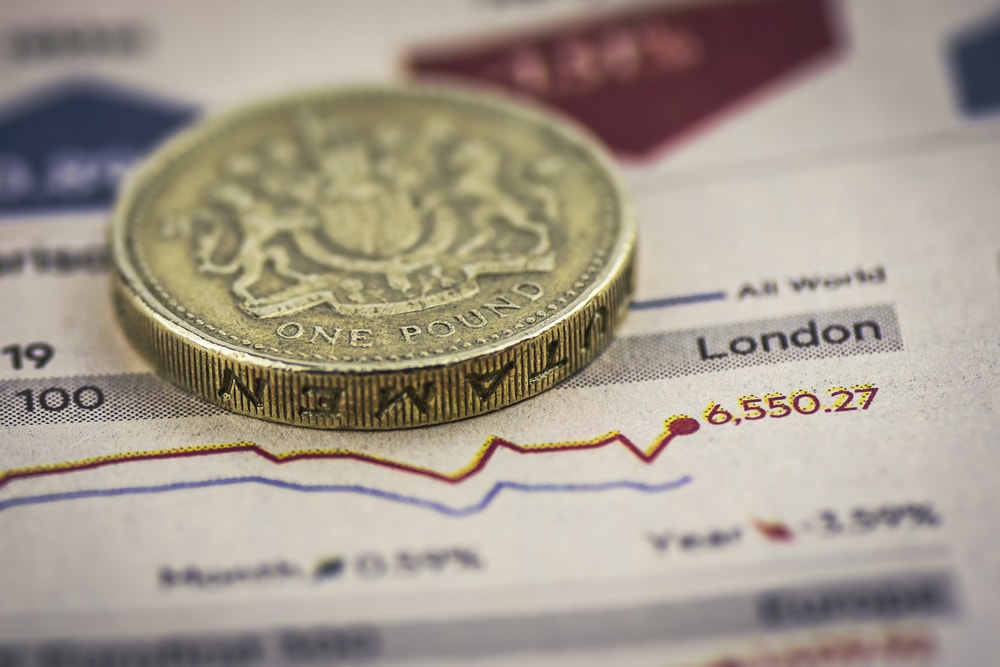12 Feb 2018
Stock price crash: Why it happened and what to do

Recent turbulence in the world's stock markets has left many investors feeling queasy about how safe their investments are.
The knee-jerk reaction is to sell, but is that the right thing to do?
You may limit your stock market losses just now, but could lose out when there is an upturn in the markets.
It is not as though the worldwide economy has gone into recession. Quite the opposite.
The FTSE 100 index had been on an upward trajectory for nearly two years since it stood at 5,707 points in February 2016, reaching 7,778 points last month.
Investors in Britain - and in other stock markets around the globe - were probably lulled into thinking that markets would continue to advance for the forseeable future.
What have the markets called?
The trigger for the recent fall in stock markets came amid rising concerns about inflation in the US, which could lead to interest-rate hikes.
Financial experts emphasise what we are experiencing is not a stock market crash - just a periodic correction, which is a normal part of healthy markets.
They say that stock market investors should plan to invest for at least 10 years as, over the long term, share prices tend to reflect the underlying reality of companies and returns for shareholders.
Financial experts add that the longer an equity investment has been held, the less likely it has been to lose money, and the more likely to make money.
They also point out that equity and bond investments have historically outperformed savings accounts over the long term.
What should investors do?
Allan Gardner, financial services director at Aberdein Considine, emphasised that diversification is important for anyone wanting to invest, and that shares are just one of the asset classes available.
He added: "Putting your money into a number of different products and asset classes is one way to reduce risk, so if one investment doesn't work out as you'd planned, you've still got exposure to others."
Investing can take many forms, but most people choose from four main types asset classes:
- Cash - savings in a bank or building society account.
- Fixed interest securities.
- Shares.
- Property - either a commercial or residential building.
- Commodities like oil, coffee, corn, rubber or gold.
- Foreign currency.
- Contracts for difference, where you bet on shares gaining or losing value.
- Collectables like art, antiques and vintage wines.
Mr Gardner said the right savings or investments for you will depend on how prepared you are to take risks, your current finances and future goals.
Speak to an adviser
Aberdein Considine is one of Scotland’s largest independent financial advisers.
If you would like to speak to an adviser about your finanancial future, click here.